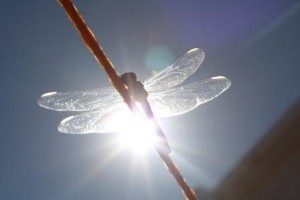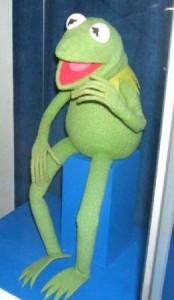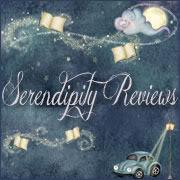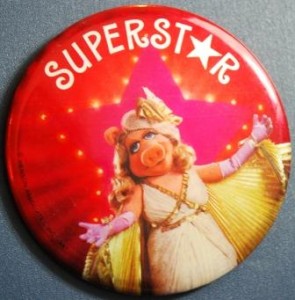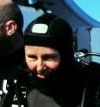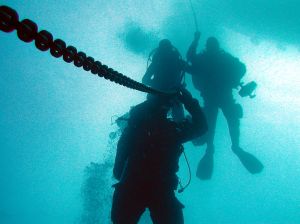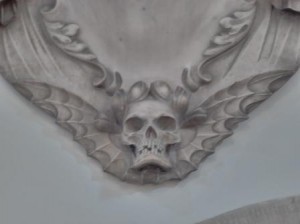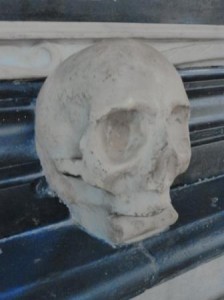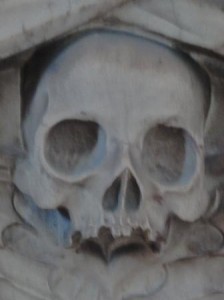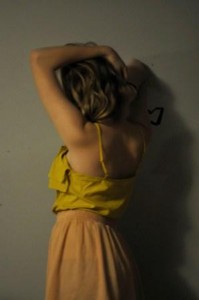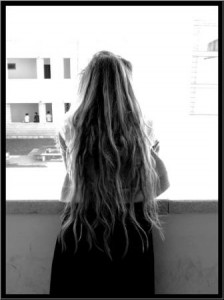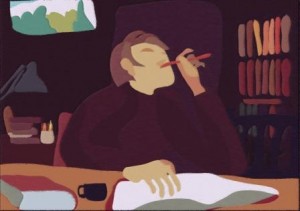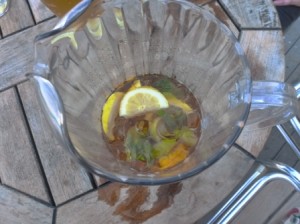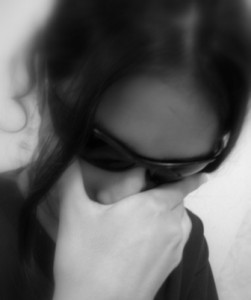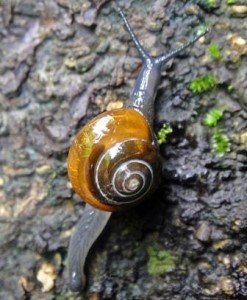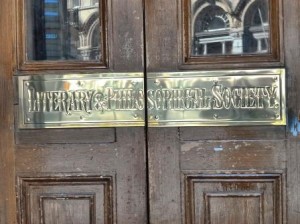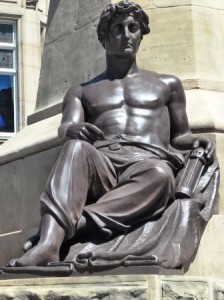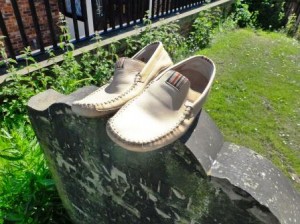(dedicated to the Music Room Poets and all my other creative friends)
In the last week I’ve been think about the core of things a great deal.
I thoroughly enjoy my belly-dancing classes and here we work on our cores so that we can do two contrasting things at once. It’s a little like patting your head and rubbing your belly at the same time. We might do snake arms as a slow and sinuous pace whilst shimmying our hips fast enough to make the coins on our hip-scarves jingle. Lots of concentration involved for me.
I also go to yoga – and core strength is central here too (pun intended). By engaging the core, you can develop flexibility, say, in bridge pose to loosen the spine safely – but you can also use it to increase your focus in a balance like tree pose. The key is not to force but to allow a posture to come.
This last weekend I was at West Dean for a magical poetry workshop led by Philip Wells. One of the themes I picked up on was the core of engagement with each other and our creativity. On one hand, I need to open up, allow myself to be vulnerable – but on the other hand, I have to respect my own truth as I do that of others. Somehow I want to show sensitivity to others without that horrible inhibiting self-censorship: that’s me back to doing two opposing things at once.
In my understanding , the physical core and the creative are intimately connected. It doesn’t matter if it’s dance, painting or writing novels. By sloughing off my outward shy and sometimes cynical outer shell, I can let something new, trembling but truthful emerge. It takes courage – ‘coreness’ – to do that ( I think of Chaucer and hir corages ).
How do you centre yourself?
Dragonfly
I crack my sternum:
The imago pulses,
A skin sinks in the pond.
K. M. Lockwood September 2012





